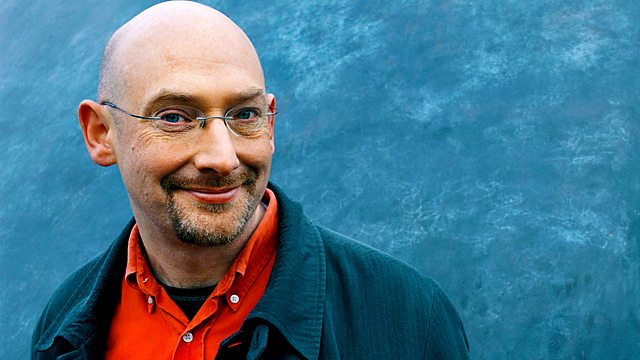ANTI-COUNTERFEITING TECHNOLOGIES - VENUS EXPRESS - ONE YEAR ON
Quentin Cooper examines the findings of the European space probe Venus Express, which has been orbiting the planet for a year to investigate just what makes it so inhospitable.
ANTI-COUNTERFEITING TECHNOLOGIES
Development of technologies to prevent or deter counterfeiters is an ongoing battle. Bank notes and other secure documents such as passports, cheques, bonds and even packaging of high value brands and pharmaceuticals are targeted by counterfeiters.
Michael Chamberlain from PIRA International – consultants in packaging and labelling - explains to Quentin how fluorescent inks, holograms, watermarks, microchips, intaglio (raised) printing, heat-sensitive labels and nanoprinting have all been developed and used to try and make the forging of documents more difficult and easier to spot.
And Professor Russell Cowburn from Imperial College London explains his award-winning Laser Surface Authentification device which can read the individual ‘fingerprint’ of every single piece of paper ever made - something he hopes will render document and branded product fraud obsolete.
VENUS EXPRESS - ONE YEAR ON
A year ago today the ESA space probe Venus Express was performing final manoeuvres to reach its target orbit around one of our Solar System’s most inhospitable planets.
With surface air pressure 90 times that of earth and temperatures around 400°C, it would be pretty mean, even if the atmosphere weren’t almost entirely CO2 with swirling clouds of sulphuric acid. Victim of a runaway greenhouse effect, understanding what makes this strange – yet scientifically earth-like – planet function is of key interest to climatologists and space scientists alike.
To discuss some of the findings – including a massive chaotic polar vortex and eerie cloud to cloud lightning – made so far by ESA’s low budget mission to our noisy neighbour, Quentin is joined by Dr Andrew Coates of the Mullard Space Science Laboratory and Dr Colin Wilson of Oxford University’s department of physics, both of whom work on instruments currently delivering new results.


